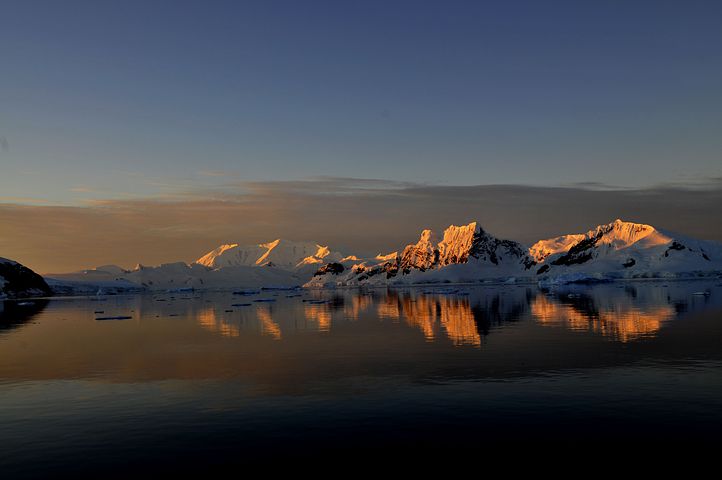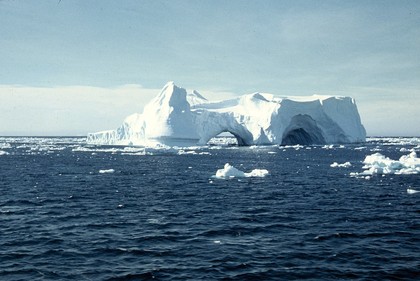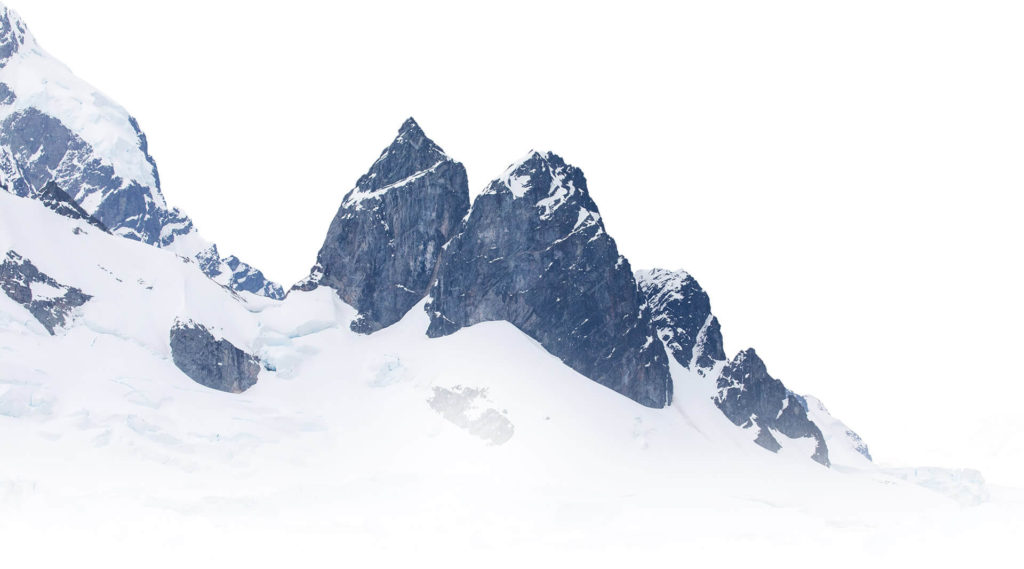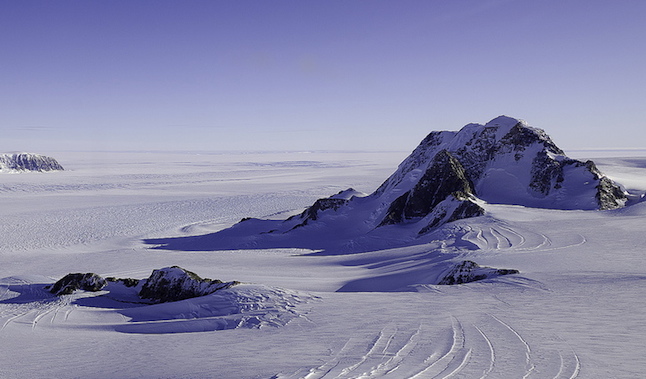
The Quest
Antarctica truly is a land of mystery, extremes, beauty and danger, as many of the early explorers found out. Some never returned.
But what drove them? Of course there was a quest for adventure, challenge, fame, rewards, knowledge and the acquisition of new territories with possible commercial gain, but I wondered whether some of them were seeking that solitude that I found in the Arctic and Antarctic.
Were they too seeking a place where they could be alone with their thoughts without the distractions of the modern world and if that was not the case, would Antarctica force the situation on them anyway.
A number of these explorers found fame but little success in the rest of their lives. They expanded human knowledge but seemed to be possessed of a restlessness that drove them to return to the polar regions, and unfortunately, for some, their deaths.
And with all their accomplishments, did they find contentment or the elusive ‘thing’ for which they were searching? The Antarctic explorers and Antarctica may serve as a metaphor for our own lives. For our search for meaning in a sometimes harsh and apparently meaningless world.

The spiritual
What makes Antarctica special? Does it really have the power to provide something lacking in the human psyche. John Krakauer, writer and mountaineer, said “Antarctica has this mythic weight. It resides in the collective unconscious of so many people, and it makes this huge impact, just like outer space. It’s like going to the moon.”
Andrew Denton, the well-known Australian comedian and TV presenter said “If Antarctica were music it would be Mozart. Art, and it would be Michelangelo. Literature, and it would be Shakespeare. And yet it is something even greater; the only place on earth that is still as it should be. May we never tame it’.
In the words of legendary Australian Antarctic explorer and scientist, Sir Douglas Mawson “The tranquillity of the water heightened the superb effects of this glacial world. Majestic tabular bergs whose crevices exhaled a vaporous azure; lofty spires, radiant turrets and splendid castles; honeycombed masses illumined by pale green light within whose fairy labyrinths the water washed and gurgled. Seals and penguins on magic gondolas were the silent denizens of this dreamy Venice. In the soft glamour of the midsummer midnight sun, we were possessed by a rapturous wonder—the rare thrill of unreality.”
His contemporary and first man to reach the South Pole, Roald Amundsen, said ‘The land looks like a fairytale’.
In 1906, the Antarctic explorer Jean-Baptiste Charcot would be heard to say ‘(These) regions stamp us in some way with religious awe…here we are in the sanctuary of sanctuaries where nature reveals herself in all her tremendous power…the man who has been able to enter such a place feels his spirit lifted’
So what are we to make of this? Does Antarctica change people or at least does it appear to? Is it a place for meditators and spiritual seekers? Is it a metaphor for our eternal quest for permanence in a rapidly changing world?
Does it have the potential to create a permanent change in the human psyche or is it a place that is simply a tick in the box of a human bucket list?
Perhaps we won’t all get to Antarctica but the current isolation may be the perfect opportunity for reflection about your place in the universe and perhaps Antarctica is due for a visit when life returns to normal.



Leave a Reply